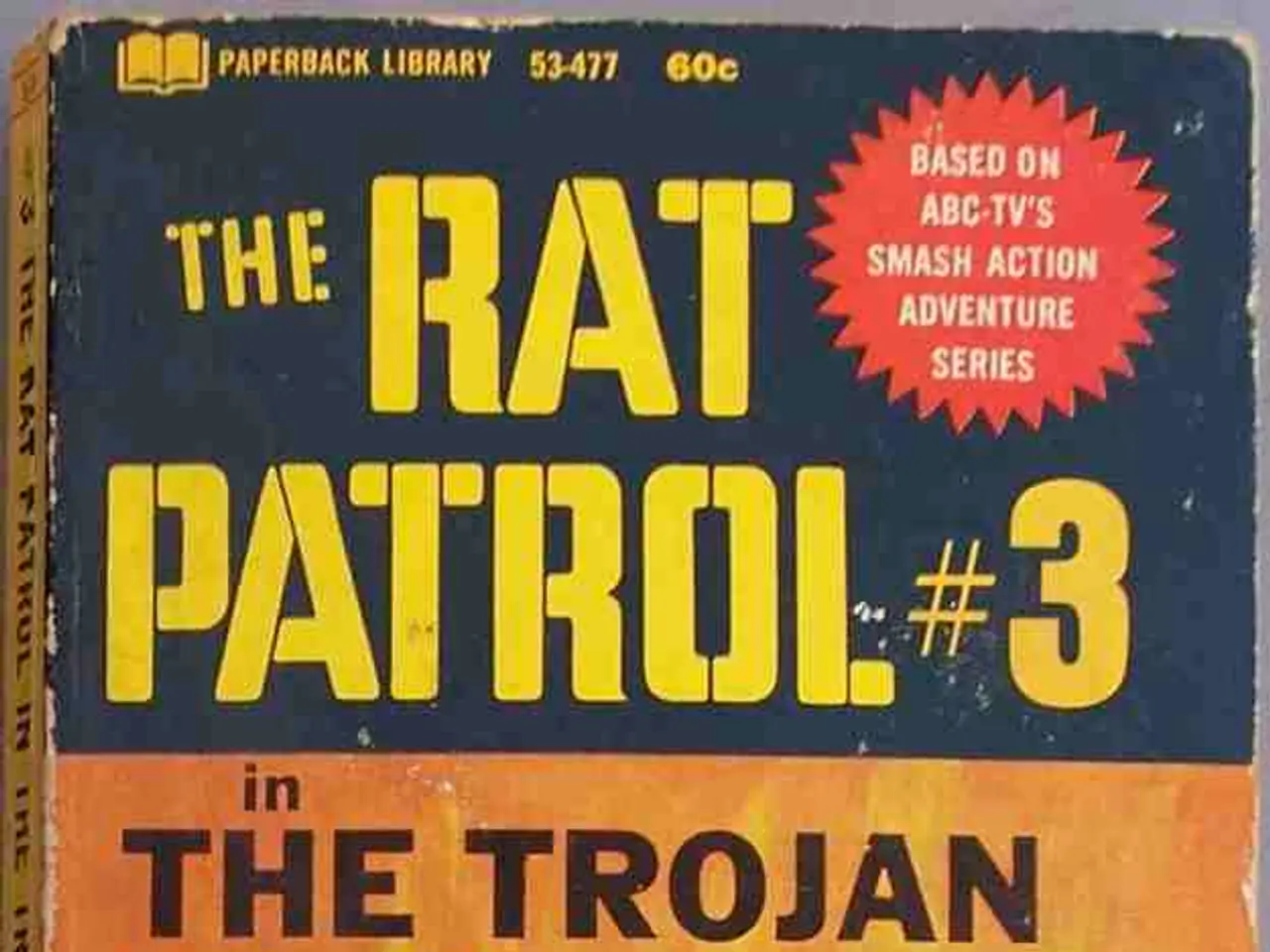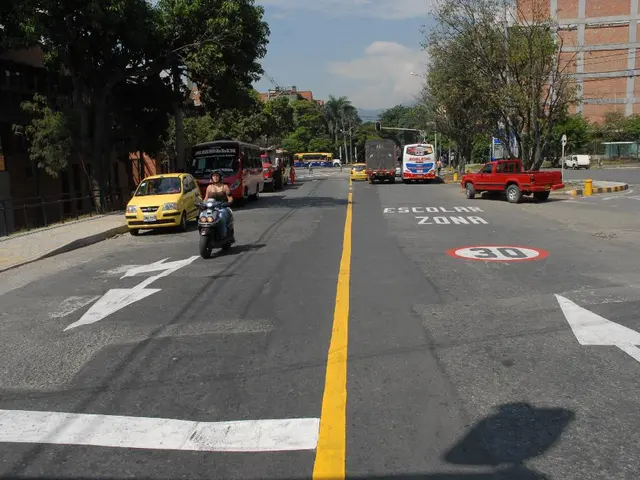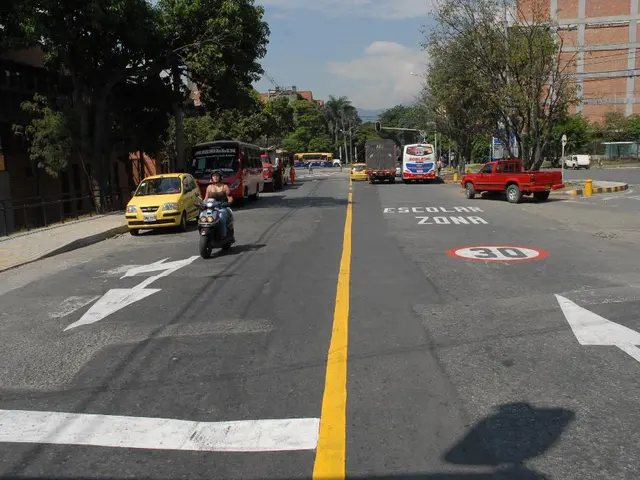Tens of thousands of Israeli reservists are being mobilized in preparation for a potential new offensive in Gaza.
In the ongoing conflict between Israel and Hamas in Gaza, the situation remains highly fraught. As of late August 2025, Israel is preparing for a major military offensive aimed at capturing Gaza City, its largest population center, while simultaneously negotiating over a possible ceasefire.
The Israeli military claims to have control over about 75% of Gaza and has reduced Hamas to a guerrilla force. The planned invasion involves mobilizing approximately sixty thousand Israeli reservists and is expected to displace up to one million Palestinians from northern to southern Gaza.
Israel has begun the "first stages" of the offensive since August 20, 2025, with the goal to seize Gaza City. This offensive has caused widespread devastation, affecting approximately 2.3 million Palestinians before the war. Many buildings, including homes, schools, and mosques, have been destroyed during the campaign.
Egyptian and Qatari mediators have proposed a ceasefire plan, aiming at a phased release of Israeli hostages and Palestinian prisoners and increased humanitarian aid in Gaza. Hamas has shown openness to this proposal, which includes partial Israeli withdrawal to narrow zones on Gaza’s borders and aid distribution by UN and ICRC. However, Israel is reviewing this plan but continues with preparations for the Gaza City offensive.
The offensive has caused intense bombardment, especially on eastern suburbs such as Shejaia, Zeitoun, and Sabra, forcing thousands of Palestinian civilians to flee. Local churches and religious groups in Gaza City are committed to sheltering civilians amid the assault, as leaving the city could mean facing starvation or fatal dangers outside.
Israel asserts the offensive must continue until Hamas is defeated, emphasizing total victory without compromise. This stance is echoed by large Israeli protests calling for hostage releases and security. However, Israel's closest allies have urged the government to reconsider the operation.
Hamas, which has ruled Gaza for almost two decades, has been severely weakened by the war. Despite this, the group has accepted a proposal for a 60-day ceasefire that involves releasing some hostages and freeing Palestinian prisoners in Israel. Israel is planning to take control of Gaza's biggest urban hub, Gaza City, but has stated that it will help civilians leave battle zones before any assault begins.
Samir Abu Basel, a father of four from Gaza, expressed fear of imminent danger, saying, "This time if there is no deal, I am afraid we will all die." The operation is expected to displace many more Palestinians, adding to the already dire humanitarian situation in Gaza.
The situation in Gaza remains volatile, with intense military actions ongoing and tentative ceasefire discussions unresolved. The prospect of a ceasefire offers a glimmer of hope for a resolution to the conflict, but the reality on the ground suggests a long and difficult road ahead.
Read also:
- United States tariffs pose a threat to India, necessitating the recruitment of adept negotiators or strategists, similar to those who had influenced Trump's decisions.
- Weekly happenings in the German Federal Parliament (Bundestag)
- Southwest region's most popular posts, accompanied by an inquiry:
- Discussion between Putin and Trump in Alaska could potentially overshadow Ukraine's concerns








